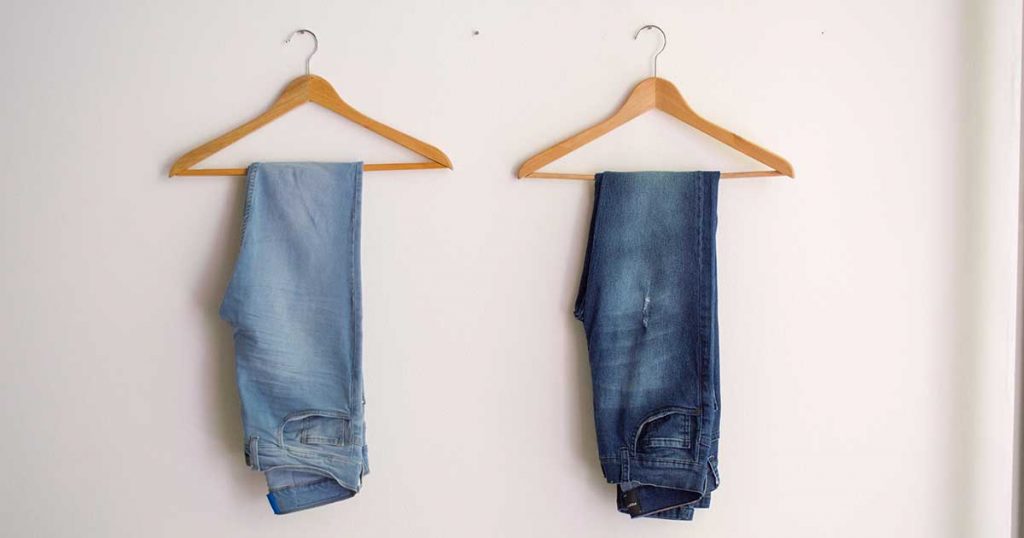There is nothing more galling than witnessing competitors profiting at your expense by ripping off your original ideas and designs. As a High Court case concerning a novel variety of ‘body-enhancing’ jeans showed, however, intellectual property lawyers are always there to ensure your rights are not trampled upon.
The jeans were designed to give the appearance of slimmer hips, whilst at the same time lifting and separating wearers’ buttocks, and formed part of an expanding trend in fashion known as shapewear. Their manufacturer said that they represented a dramatic departure from what was previously available on the market. They were sold in 40 countries and, in 2016, achieved sales of £18.9 million.
They were subject to patent protection and the manufacturer swiftly took action after competitors began selling jeans of a very similar design. Faced with proceedings, the competitors signed a settlement agreement whereby they admitted copying the manufacturer’s jeans and marketing those copies under their own brand. They undertook to desist from such conduct.
Shortly after the settlement was reached, however, the competitors started to sell another iteration of jeans which again closely resembled those of the manufacturer. As a result, the manufacturer reported, amongst other things, complaints from its distributors, a significant loss of custom and an email from a confused client asking whether it had rebranded its jeans.
After the manufacturer took further action, the Court rejected the competitors’ arguments that the design of the manufacturer’s jeans lacked novelty or was obvious when compared to pre-existing products. The manufacturer’s patent was valid and the competitors’ jeans infringed it.
Also upholding the manufacturer’s passing off claim, the Court noted striking similarities between the get-up and branding of the competitors’ jeans and those of the manufacturer. Although there were minor differences, the Court described the competitors’ jeans as an obvious rip-off of the manufacturer’s product.
Marketing of the competitors’ jeans involved misrepresentations, both at the point of sale and post sale, that the competitors were connected to the manufacturer in the course of trade. The jeans also infringed the manufacturer’s unregistered design rights and their sale breached the settlement agreement.
The appropriate relief to be granted to the manufacturer would be considered at a further hearing, if not agreed. The Court’s ruling, however, opened the way for the manufacturer to seek an injunction, together with damages or an account of the profits made by the competitors in marketing the infringing jeans.
Photo by Mica Asato from Pexels





